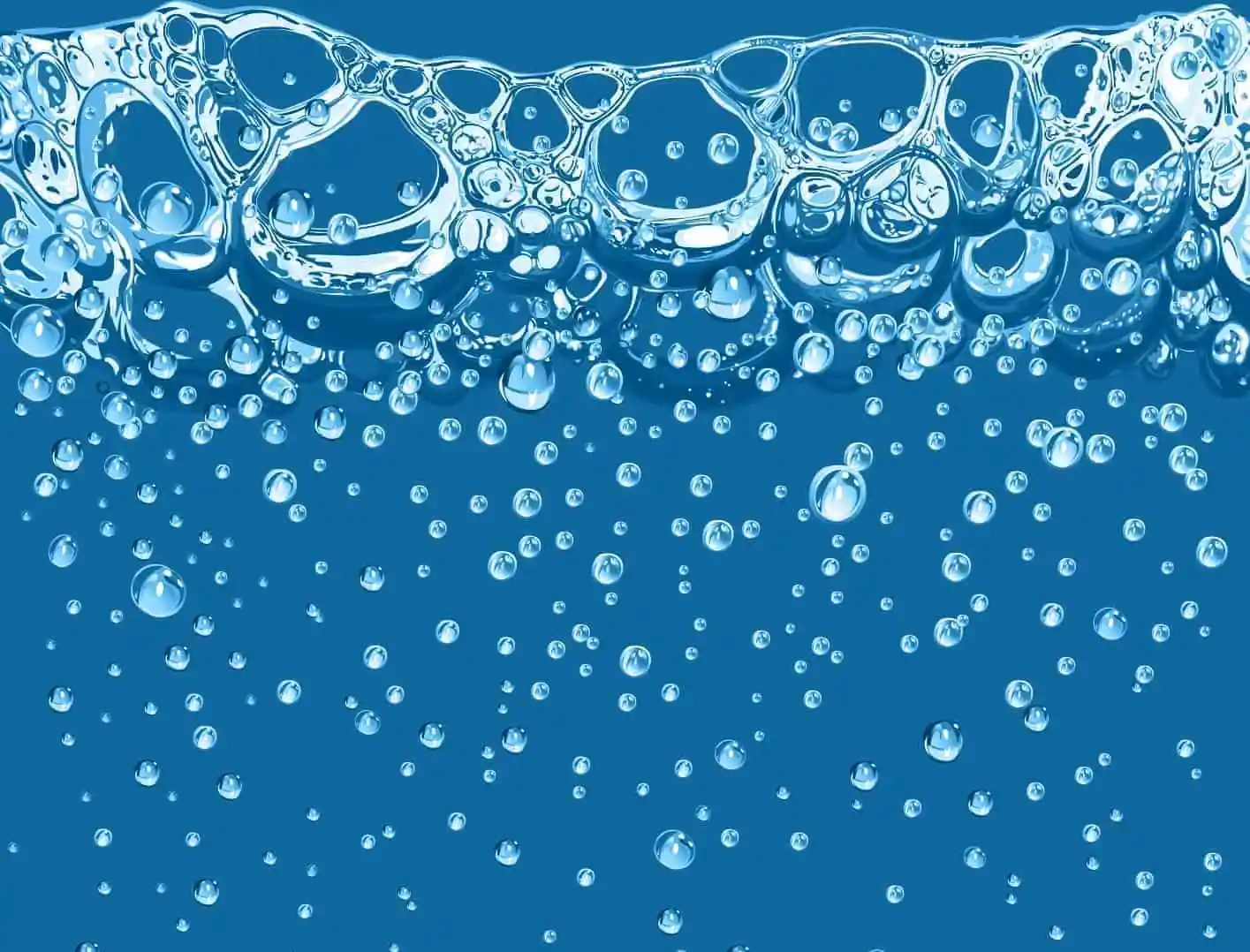
Hot Tub Chemical Calculator: Simplify Your Spa Maintenance Today
Achieve crystal-clear, safe water in your hot tub with our comprehensive guide and calculator – no chemistry degree required!
Understanding Hot Tub Chemistry
Whether you’re a seasoned hot tub owner or new to the world of spa relaxation, maintaining proper water chemistry is crucial for a safe and enjoyable experience. This guide will help you navigate the complexities of hot tub maintenance, covering everything from basic concepts to advanced techniques.
Key Chemical Parameters
- pH Level: The measure of acidity or basicity in your water. The ideal hot tub pH level is between 7.2 and 7.8.
- Sanitizer Levels:
- Chlorine: The ideal range is 3-5 ppm (parts per million) for hot tubs.
- Bromine: Often preferred for hot tubs due to its stability at higher temperatures. The ideal range is 3-5 ppm.
- Total Alkalinity: This helps stabilize pH. The ideal range is 80-120 ppm for hot tubs.
- Calcium Hardness: Important for preventing scaling or corrosion. The ideal range is 150-250 ppm for hot tubs.
How to Use the Hot Tub Chemical Calculator
- Measure current levels: Use a reliable test kit to check your hot tub’s pH, sanitizer (chlorine or bromine), and total alkalinity levels.
- Know your volume: Calculate the volume in gallons (see the section below on how to do this).
- Input the values: Enter your hot tub’s volume and current chemical levels into the calculator.
- Choose the chemical: Select the chemical you want to add from the dropdown menu.
- Calculate: Click the “Calculate” button to get your personalized dosage recommendation.
- Add chemicals carefully: Follow the calculator’s recommendation, but always refer to your specific product’s instructions as well.
Calculating Your Hot Tub Volume
For rectangular hot tubs:
Volume (gallons) = Length (ft) * Width (ft) * Average Depth (ft) * 7.5
For circular hot tubs:
Volume (gallons) = 3.14 * Radius (ft) * Radius (ft) * Average Depth (ft) * 7.5
For irregularly shaped hot tubs:
- Fill your hot tub to its normal level.
- Turn off all jets and heaters.
- Using a 5-gallon bucket, remove water from the hot tub, counting how many full buckets you remove.
- When the water level has dropped by 1 inch, stop and note how many gallons you removed.
- Multiply this number by the number of inches from the top of the tub to the bottom.
Common Hot Tub Chemicals
- Chlorine: A popular sanitizer for hot tubs, effective at killing bacteria and other contaminants.
- Bromine: Often preferred for hot tubs due to its stability at higher temperatures and effectiveness in killing bacteria.
- pH Increaser: Typically sodium carbonate, used to raise pH levels when they’re too low.
- pH Decreaser: Often sodium bisulfate or muriatic acid, used to lower pH levels when they’re too high.
- Alkalinity Increaser: Usually sodium bicarbonate, used to raise total alkalinity.
- Calcium Hardness Increaser: Calcium chloride used to raise calcium hardness levels to prevent water from being too soft.
- Shock Treatment: Used periodically to break down organic contaminants and revitalize the water.
Establishing a Hot Tub Maintenance Routine
Regular maintenance is key to keeping your hot tub in top condition. Here’s a basic routine:
- Daily: Check sanitizer (chlorine or bromine) levels and pH.
- Weekly: Test and adjust alkalinity, shock the hot tub, clean or rinse the filter.
- Monthly: Deep clean the filter, check calcium hardness levels.
- Quarterly: Drain and refill the hot tub, conduct a thorough cleaning, check for equipment wear.
Troubleshooting Common Hot Tub Issues
Cloudy Water
Often caused by poor filtration, imbalanced chemicals, or high calcium hardness. Shock the hot tub, ensure the filter is clean, and balance the chemicals.
Foamy Water
Usually due to build-up of body oils, lotions, or detergents. Use a foam remover product and remind users to shower before entering the hot tub.
Strong Chemical Smell
Contrary to popular belief, a strong chlorine smell often indicates not enough free chlorine. Shock the hot tub to eliminate chloramines.
Expert Support for Your Hot Tub Journey
While our chemical calculator is a valuable tool for maintaining your hot tub’s water balance, we understand that hot tub ownership involves much more than just water chemistry. That’s where the expertise of local specialists like EpicHotTubs.com comes in handy.
Why Trust Local Experts?
Local hot tub retailers, such as EpicHotTubs.com in North Carolina, offer a wealth of knowledge and services that go beyond simple product sales:
- Comprehensive Product Range: From high-quality hot tubs and swim spas to essential accessories like spa covers and chemicals, local experts can help you find the perfect products for your needs.
- Expert Repair Services: Even with proper maintenance, hot tubs may occasionally need repairs. Having access to professional repair services ensures your hot tub stays in top condition year-round.
- Personalized Water Care Advice: While our calculator provides a great starting point, local experts can offer tailored advice based on your specific hot tub model and local water conditions.
- Educational Resources: Many local retailers, including EpicHotTubs.com, maintain blogs with in-depth articles on topics ranging from buying guides to maintenance tips and health benefits of hot tubs.
Beyond the Calculator: Holistic Hot Tub Care
Maintaining proper water chemistry is crucial, but it’s just one aspect of hot tub ownership. Here are other areas where local expertise can be invaluable:
- Installation Guidance: Proper installation is key to your hot tub’s longevity and performance. Local experts can provide advice on site preparation and installation best practices.
- Energy Efficiency Tips: Learn how to minimize energy costs while maximizing enjoyment of your hot tub.
- Customization Options: Discover ways to personalize your hot tub experience, from custom spa covers to advanced water care systems.
- Health and Wellness Insights: Understand the potential therapeutic benefits of regular hot tub use, especially for conditions like arthritis.
Safety First!
Always prioritize safety when managing hot tub chemicals:
- Read and follow the instructions on your chemical products
- Add chemicals to water, never water to chemicals
- Wear appropriate safety gear when handling chemicals
- Store chemicals in a cool, dry place away from direct sunlight
- Never mix different types of hot tub chemicals
- When in doubt, consult a professional hot tub technician
With this comprehensive guide and our chemical calculator, you’re well-equipped to maintain sparkling clean, safe water in your hot tub. Remember, consistent care and attention to water chemistry will ensure years of enjoyment from your investment in relaxation and wellness. Happy soaking!



